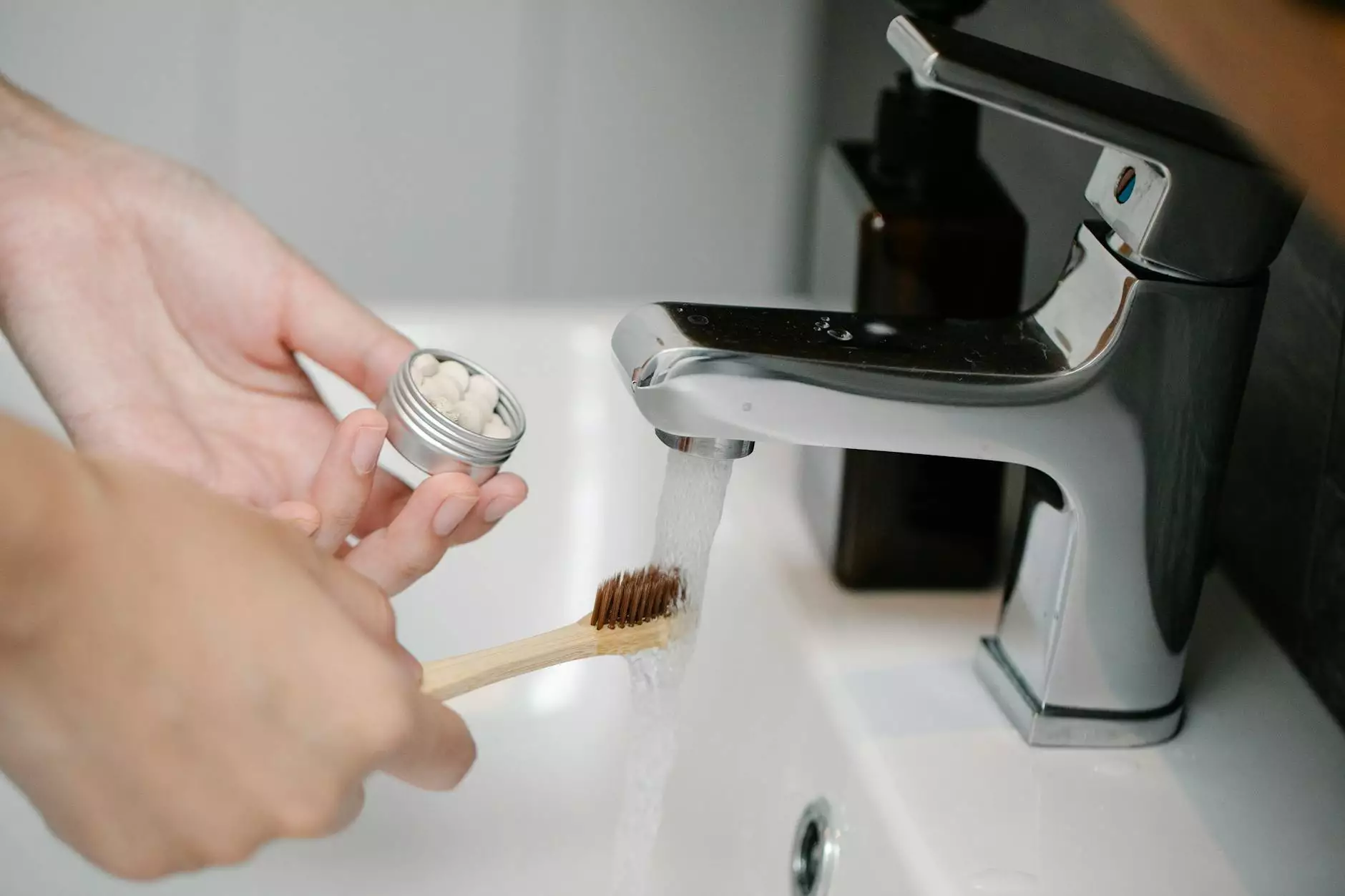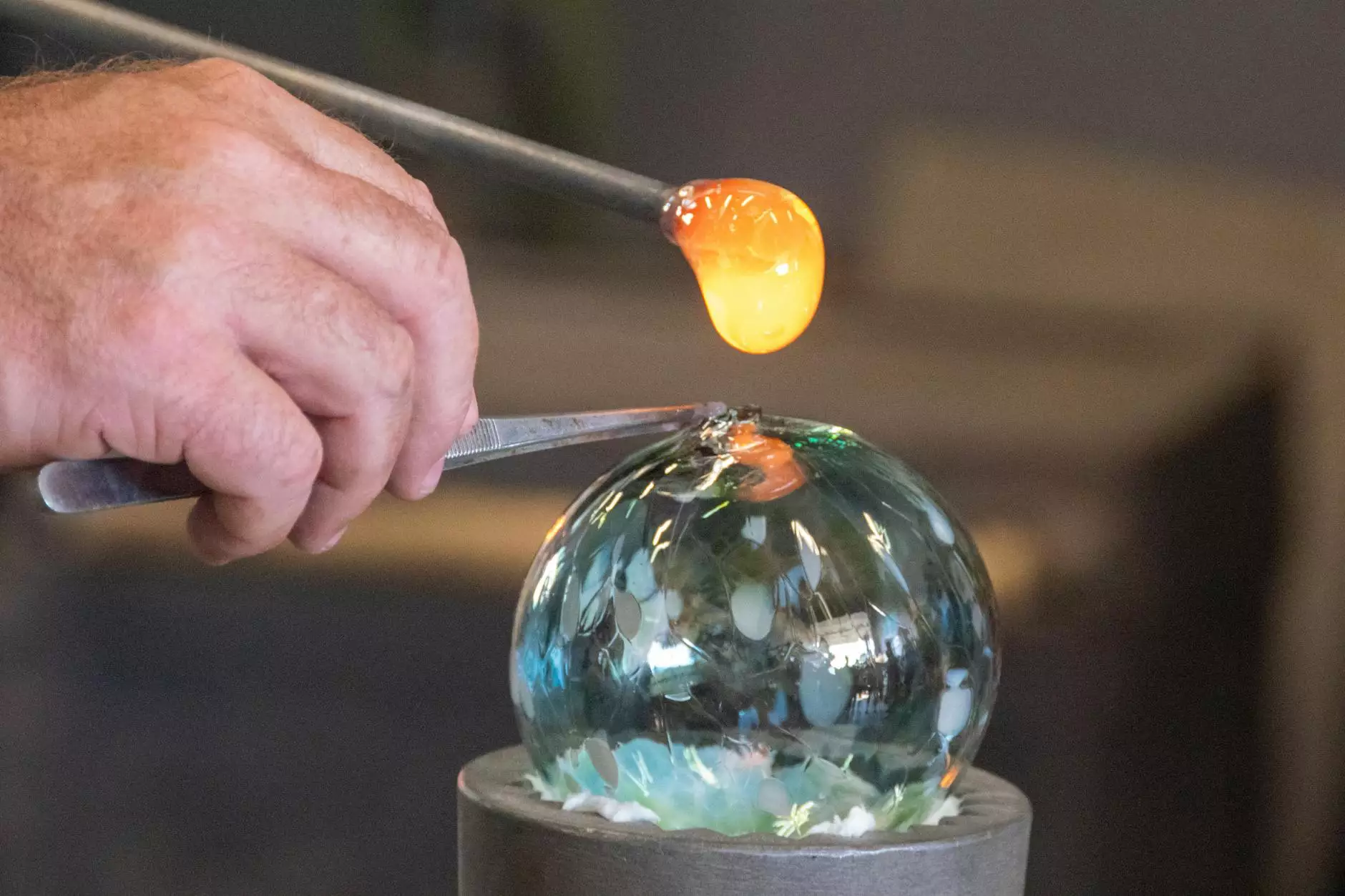What is the Least Abrasive Toothpaste? A Comprehensive Guide

The Importance of Choosing the Right Toothpaste
The health of your teeth and gums is crucial for overall well-being, making the selection of your toothpaste a key aspect of your dental care routine. Many consumers are unaware that toothpaste can vary significantly in abrasiveness—a factor that can influence the longevity of enamel and the general health of your mouth. Understanding the abrasiveness of toothpaste allows you to make informed choices that not only support your oral hygiene but also maintain the natural beauty of your smile.
Understanding Toothpaste Abrasiveness
The *Abrasivity Level* of toothpaste is often measured by its Relative Dentin Abrasivity (RDA) score. This score indicates how abrasive a toothpaste is on a scale, typically from 0 to 200 or more. Toothpastes with an RDA of 0-70 are generally considered *low abrasiveness*, 70-100 as *medium*, and anything above 100 is regarded as *highly abrasive*. Using toothpaste that is excessively abrasive can lead to enamel erosion, increased tooth sensitivity, and other dental issues.
The Benefits of Using Low Abrasive Toothpaste
Choosing toothpaste with minimal abrasiveness can provide a myriad of benefits. Here are some critical advantages:
- Preservation of Enamel: Choosing the least abrasive toothpaste helps in maintaining the enamel, reducing the risk of decay.
- Reduction of Sensitivity: Less abrasive toothpaste minimizes discomfort, especially for those with sensitive teeth.
- Improved Gum Health: Gentle polishing can decrease the likelihood of gum irritation while cleaning your teeth.
- Whitening Effects: Many low-abrasive toothpaste products contain safe whitening agents to remove surface stains without damaging the enamel.
What Ingredients to Look for in Low Abrasive Toothpaste
When searching for the least abrasive toothpaste, your choices should focus on specific *ingredients*. Here’s what to consider:
- Hydrated Silica: A common ingredient that provides a polishing effect without being harsh on enamel.
- Calcium Carbonate: This ingredient aids in providing a gentle cleaning action while being less abrasive.
- Natural Extracts: Ingredients like baking soda can gently clean and are often found in gentle formulations.
- Fluoride: Essential for strengthening enamel, but ensure it’s paired with non-abrasive compounds.
Top Recommendations for the Least Abrasive Toothpaste
As you navigate the market for toothpaste, here are some recommendations that consistently demonstrate *low abrasivity*:
- Arm & Hammer Sensitive Teeth & Gums Toothpaste: Formulated with baking soda for gentle cleaning.
- Colgate Enamel Health Toothpaste: This toothpaste is designed to help strengthen enamel while gently removing stains.
- Sensodyne Pronamel Gentle Whitening Toothpaste: Ideal for anyone seeking a balance between whitening and enamel protection.
- Tom's of Maine Natural Toothpaste: Features a low abrasive formula made from natural ingredients.
Common Myths Surrounding Toothpaste Abrasiveness
As consumers strive for optimal oral health, several myths about toothpaste can lead to misinformation. Let's debunk some of these:
- Myth 1: “All commercially available toothpaste is equally abrasive.” This is false; different brands and types have varying RDA scores.
- Myth 2: “More foam equals a better clean.” Foaming agents do not correlate with cleanliness; the formulation matters more.
- Myth 3: “Whitening toothpaste is only for cosmetic purposes.” Whitening toothpaste can effectively remove surface stains while being gentle to enamel.
Integrating Low Abrasive Toothpaste into Your Dental Care Routine
Adopting the right toothpaste is only one aspect of maintaining good oral hygiene. Here are additional steps one should consider:
- Brushing Technique: Use a gentle circular motion instead of harsh back-and-forth scrubbing.
- Floss Daily: This prevents plaque buildup between teeth, reducing the overall need for abrasive cleaning.
- Regular Dental Check-ups: Visiting your Bellevue dentist every six months is crucial for preventative care.
- Mouthwash: Incorporate mouthwash that contains fluoride for additional enamel protection.
Consulting Your Bellevue Dentist for Personalized Advice
Finding the least abrasive toothpaste is a personalized journey. Every individual’s dental needs vary based on their oral health, diet, and lifestyle. Seeking consultation from a local dentist, like Your Bellevue Dentist, can provide invaluable insight tailored specifically for you. During your visit, your dentist can recommend specific products best suited for your dental health profile.
Conclusion: Making Informed Choices for Your Oral Health
In conclusion, knowing *what is the least abrasive toothpaste* is essential for anyone seeking to maintain the health and beauty of their smile. By selecting a toothpaste with a low RDA score, understanding key ingredients, and integrating it into a comprehensive dental care routine, you can enhance your oral hygiene practices significantly. Regular consultation with your dentist and staying informed about dental health plays a pivotal role in ensuring a bright smile for years to come.









